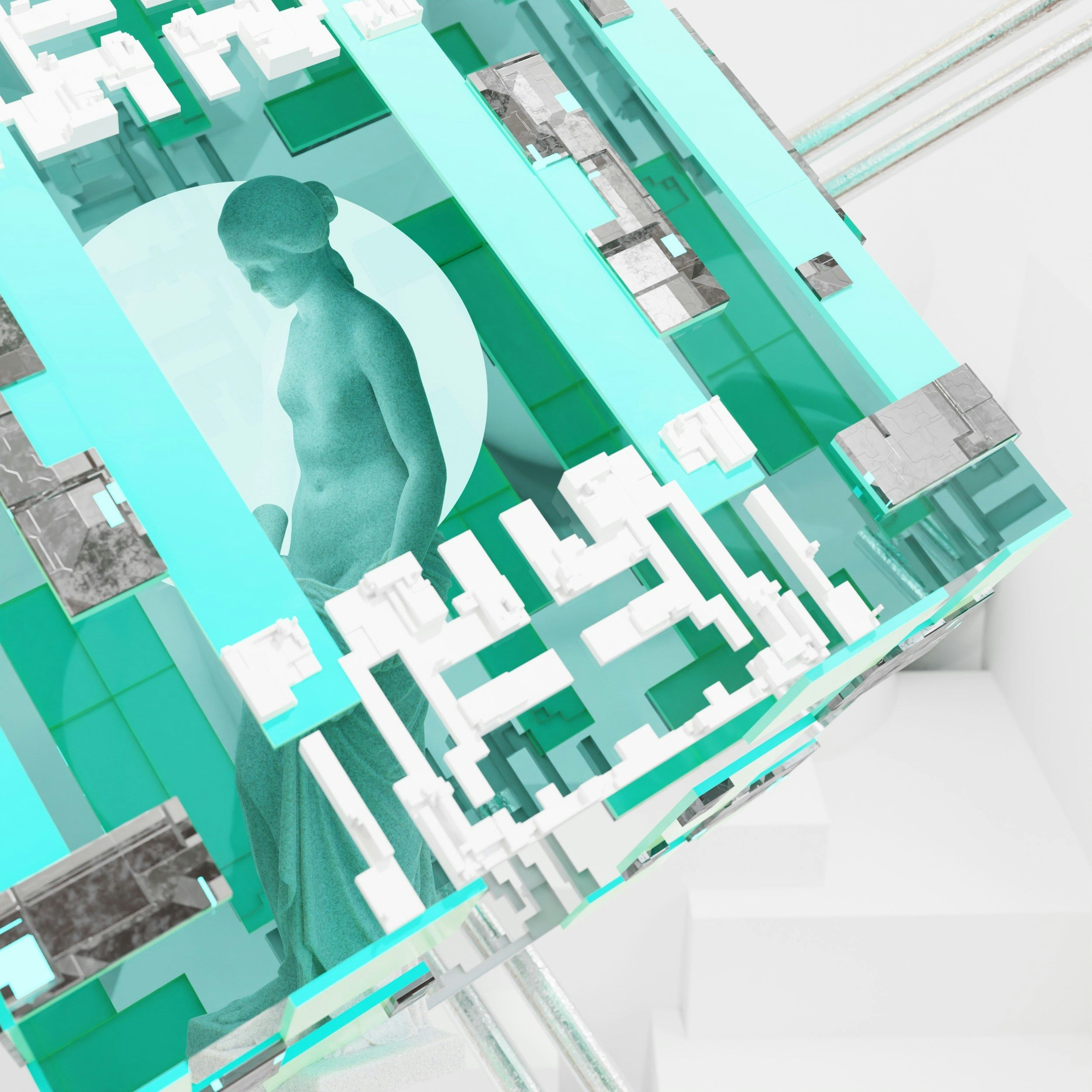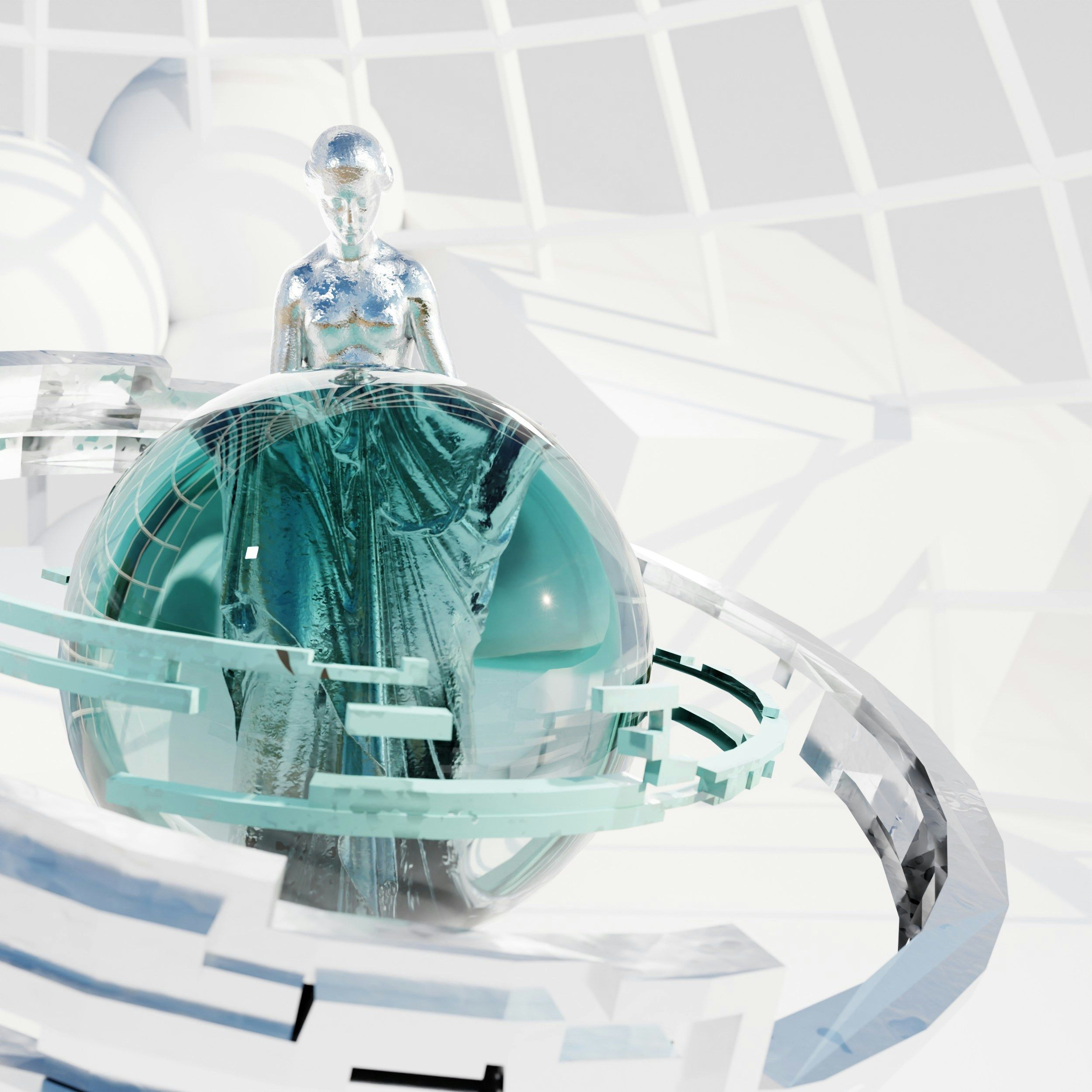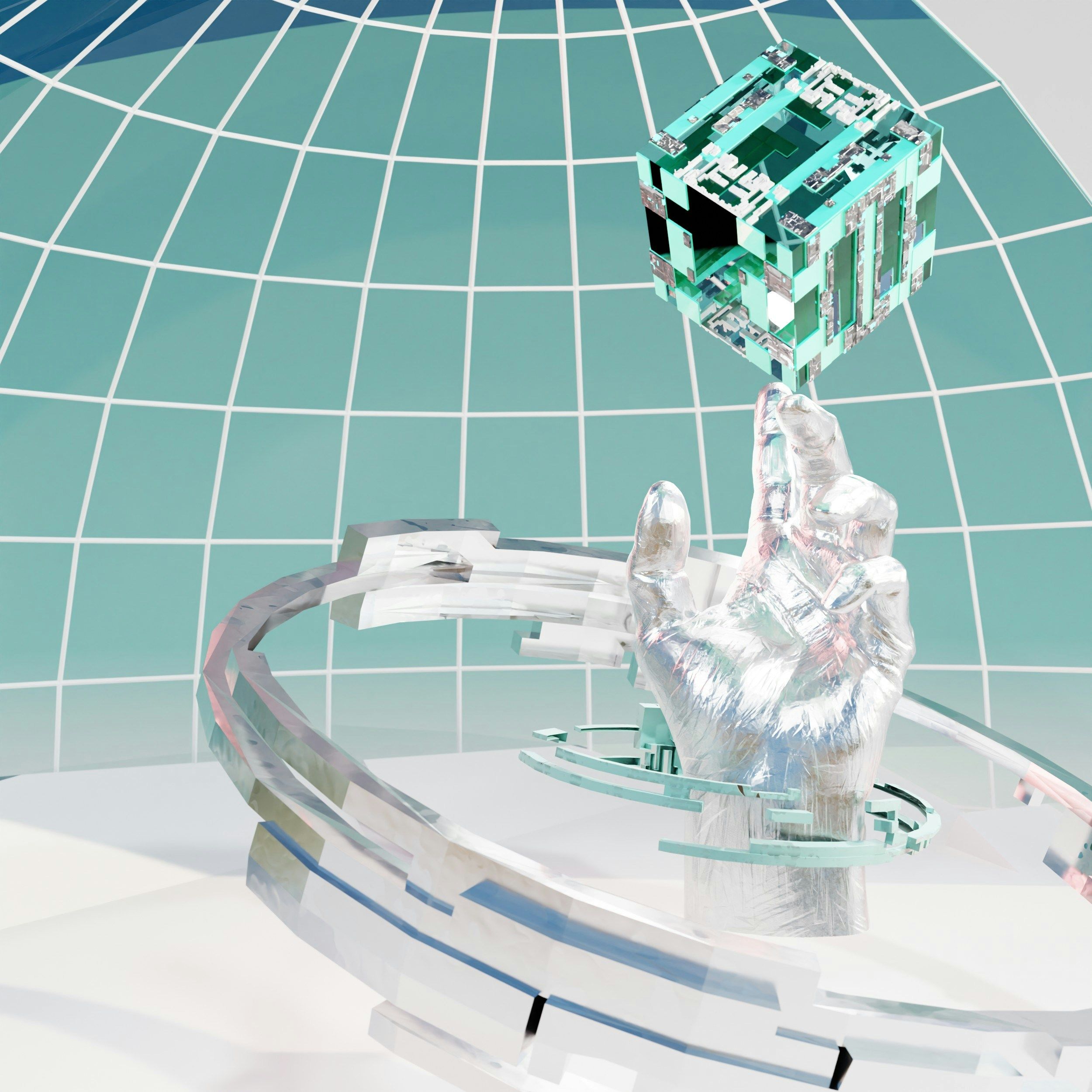
December 23, 2024
Robots Among Us: Navigating the Promise and Perils of Technological Advancement
The robots are coming - and they’re no longer concepts in science fiction. The constant innovations in robotics are positioning these machines to become a more integral part of society, from production lines to our daily lives. However, their arrival in society comes with its fair share of complex ethical challenges.
One such challenge arises with a fundamental question: how human should robots become? From elderly care to emotional support, robotic systems are now designed to serve increasingly nuanced human needs. Caregiving robots, in particular, represent a breakthrough in addressing societal challenges like loneliness and labor shortages.
"We're seeing robots solve real-world problems," said one technology researcher, referring to how these machines are no longer programmable assistants. Over time, advances in programming and machine learning turned them into more sophisticated companions that, to some extent, “understand” and “respond” to human emotions.
However, this development also became the source of controversy. As machines are being programmed to “mimic” human behavior, others raised concerns about the nature of robots as they evolve. For instance, how much autonomy should humans grant these beings? Secondly, where do we draw the line between helpful technology and one that replaces human interaction?
Some experts warn about the risks of robots developing decision-making capabilities beyond their initial programming. The playful notion of robots "taking over the world" masks a serious debate about technological boundaries and human control.
Despite these concerns, the potential benefits are immense. Advancements in robotics can pave the way to vast improvements in agriculture, healthcare, transportation, and other industries. Their advanced programming may even be able to go beyond the boundaries of human capabilities while solving critical global challenges.
The path forward requires careful navigation. As robots become a part of society, leaders in the industry need to balance innovation and ethical considerations. Robots must enhance and not replace the human experience.
As one robotics researcher said in the discussion, the future of robotics isn't about machines versus humans—it's about machines working alongside humans.









